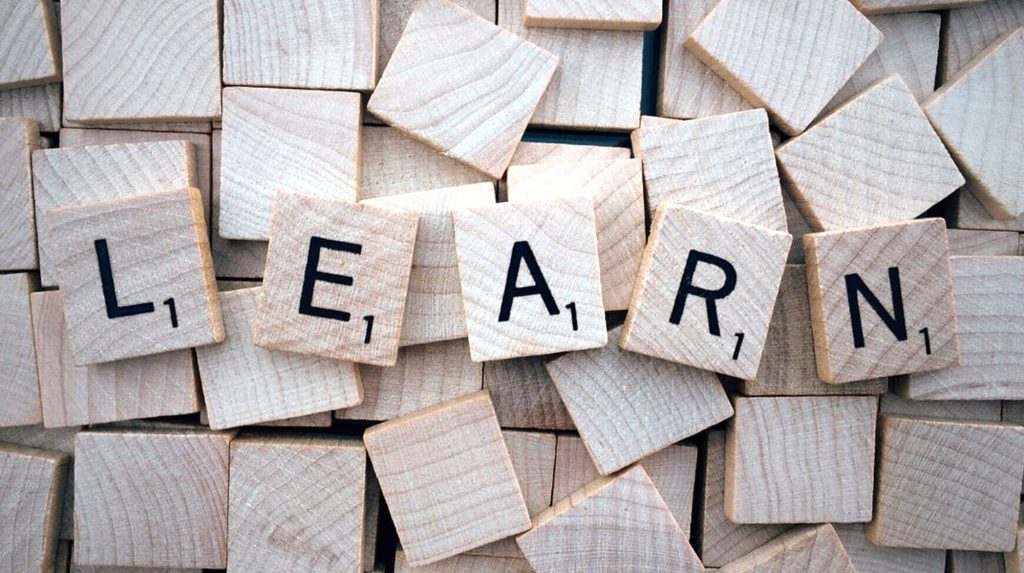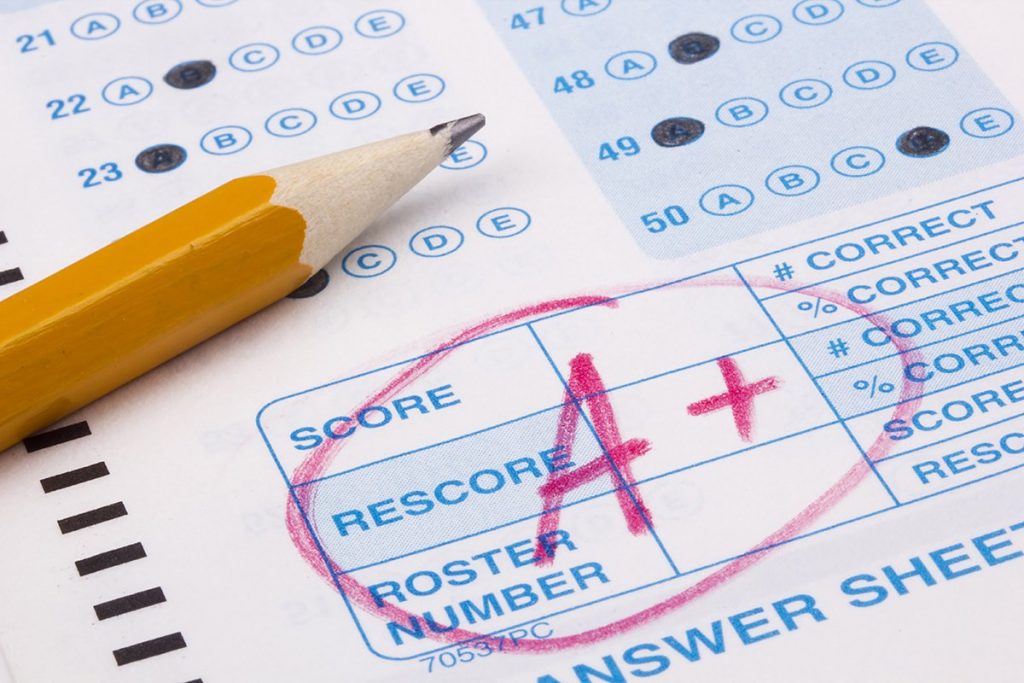How to Prepare for Grade 11: Grade 10 to 11 Transition Guide
One small step for grade 9s, and one giant leap for grade 10s!
It is a tedious, nerve-racking, uphill track… moving up a grade each year is a necessary evil. It can feel like a never-ending nightmare, with the finish line barely in sight.
While some students are excited to take on the next leg of their schooling-journey, most end up feeling apprehensive, nervous, and scared. Their minds are consumed with asking ‘what if’ questions. What if… none of my friends are in my classes? What if… I don’t like my teachers? What if… I can’t do the work and my grades slip?
These questions race through students’ minds every year. However, in time students adapt to their new routine. They will make new friends, meet new teachers, and continue to learn new units.
Inevitably, each new year will come with an array of its own challenges. However, some years are more challenging than others. Out of my years of schooling and from mentoring my own students, it is apparent that the most challenging transition is from grade 10 to grade 11. It is the jump from junior to senior school.
I know the challenges of entering grade 11 first hand… being a high achieving student I was confident that the transition would be like the others; nerve-racking but manageable. I was always able to maintain my grades no matter what. However, soon the tides changed. Grade 11 felt as if a huge shore-breaker had crept up behind me and knocked me right off my feet. My grades dropped from As to Cs!
This was a massive wake-up call and even with great determination, it still took me all year to redeem my grade average!
Unfortunately, this is a common occurrence, with most students swimming right into grade 11’s rip. This issue has become even more profound with the recent introduction of ATAR into Queensland’s curriculum.
So, this leaves the question… what can your child do to make this transition easier?
Here at A Team Tuition, we have compiled five strategies that our students use to slide into grade 11 prepared, confident, and relaxed.
1. Preparation is Key!

School’s out, scream and shout!
Of course, the Summer holidays are for students to relax, chill-out, and have fun! Well, for the first few weeks anyway.
After Christmas and New Year’s celebration, most students start to get bored! This normally ends in students sleeping in longer, binging more Netflix shows, and sitting around eating junk food.
But your child could easily make the most of this time! How? Well, they can use it to prepare themselves for the year ahead. This will make all the difference, especially for students entering grade 11.
In the last week or two before the new term starts, encourage your child to start doing some research, reading, and practice activities on their new subjects. While there are countless published activity books for every year level, there is also a pool of free resources on the internet – just at their fingertips. To get them started, try a few of these websites:
- Queensland Government Education website (Curriculum) –
- Queensland Curriculum & Assessment Authority (QCAA) for senior external examination subject resources
- Senior External Examination in English
A Team Tuition has also developed a giant database of high-quality activities, practice exams, and assignments that enable students to develop their skills. Our Academic Personal Trainers (APTs) implement these resources during tutorials and provide valuable feedback to students. This provides students a safe environment to develop their skills, try new things, and identify room for improvement, without fear of penalisation.
Conducting some preliminary research, not only gets students mentally ready but it will also give them a bit more confidence to dive into the new year!
2. Stay Organised

Think back to last year… did your child ever forget to do their homework or stay up late to finish the assignment they procrastinated for weeks?
Disorganisation leads to forgetfulness, stress, and poor grades.
Now that it is a new year, it is time for a new year’s resolution. Encourage your child to get organised before the term even begins! How?
Well… from having all the correct equipment going into the new term to developing time-management strategies, there are so many ways that your child can keep organised, not just for the first few weeks of the term but for the whole year!
First thing’s first… utilise a diary! Whether it is electronic or good old-fashioned pen and paper… a diary will allow students to visualise their upcoming deadlines and other activities. If students can see what they have coming up, they will be able to dedicate their study time accordingly and stay ahead. Also, students are less likely to ‘forget’ about homework and due dates.
Secondly, invest in a watch! This allows students to keep track of the time, all day long. They can also use it to manage a study strategy. We suggest students utilise a 3:1 ratio. So, for younger students 30 minutes studying with a 10-minute break, and for older students, 45 minutes studying with a 15-minute break. Of course, this is adjustable to each individual student, as no one method will work for everyone. But it is a good starting point.
Thirdly, encourage your child to set their own due dates. Students will give themselves the best chance at success if they aim to have their assessments completed a week before the official due date. This will allow them to put their best foot forward, as they will have enough time to make final edits, changes, and allow for any unforeseen events.
For more organisation tips see https://learningfundamentals.com.au/10-organisation-strategies-for-disorganised-students-keeping-chaos-at-bay/.
3. Develop Study Strategies!

Every student learns differently… one shoe doesn’t fit every ugly step-sister after all!
Some students may learn best by reading, talking to others, or even drawing out their interpretation. Their preference will likely fall into one of the learning languages; visual (seeing), aural (listening), or kinaesthetic (doing).
Do you know what type of learner your child is? Do you have an idea of which learning language they are most compatible with? Or are they even a combination of two categories?
*If you are not sure or want more information on this, feel free to check out A Team Tuition’s ‘Learning Languages’ blog!
Once your child’s learning language is determined, they will be able to test a variety of language-specific methods, until they decide upon a learning strategy, which allows them to learn best; smarter, not harder.
Personally, as a visual-kinaesthetic learner, I always colour-coordinate and draw out my notes in poster format, create flash-cards, and play memory games for key terms. Knowing what works for me, allows me to utilise my time more efficiently, feel confident and less stressed, and perform my best in exams!
Encourage your secondary school child to develop a study strategy now that will help them later!
4. Lean the new criteria!

Moving up from grade 10 to grade 11 brings many new changes. One of, if not the most significant, will be the increase in the difficulty of the new criteria for assessment.
Yes, it changes every year. However, the introduction of ATAR in 2019 saw the old criteria thrown in the bin; replaced by a shiny new version.
Most noteworthy… is the fact that the criterion is riddled with new terms and concepts. This means that students cannot just do the same thing they have done in the past!
As soon as students get their hands on the task sheet, they need to look at how to meet the criteria. And they can’t just read it… they need to interpret, comprehend, and understand it! A great strategy is to create a table of the key terms and their corresponding definitions. This will help students to fully grasp and interpret what the task sheet is actually asking them to do.
What does year 11 mean for students entering ATAR?
It is also important to remember that this will be your child’s very first time having to satisfy this different marking scheme and criteria. This means they might not achieve as well as they usually do, straight of the bat. However, the best learners are those who take feedback, apply it, and learn from it!
So, if your child does not do as well as they first expected, reassure them that it is not the end of the world. They can improve and redeem their grade with hard work, determination, and commitment!
Students should also ask their teachers for further advice, guidance, and tips, as to how they can meet the new criteria.
If further assistance is needed, our APTs are trained to teach secondary school students how to deconstruct and simplify the criteria into small, manageable steps. This will allow students to practice meeting each criterion successfully!
5. Talk To Your Teacher!

When it comes to school work, no one knows the criteria better than your child’s teacher!
They mark hundreds of assessments according to it every year! So… it’s fair to say that they know it inside and out.
Not only this, but they also know how your child works… their strengths and weaknesses. If your child has a new teacher, then they will find out in due course. They are best situated to provide individualistic, specific advice that will help your child to develop and improve their skills.
So, whether their teacher is new or old, encourage your child to just start a conversation with their teacher about how they can improve. A healthy student-teacher relationship allows for effective communication, more opportunity for feedback, and guidance.
So, there you have it… A Team Tuition’s five strategies for grade 10 students transitioning into grade 11.
However, if your child is still lacking confidence, struggling, or just having difficulty adjusting feel free to contact one of our friendly staff at A Team Tuition. Our APTs will create a learning plan that will allow them to accelerate into the new year!
How our tutors will help your year 10 child excel in year 11
